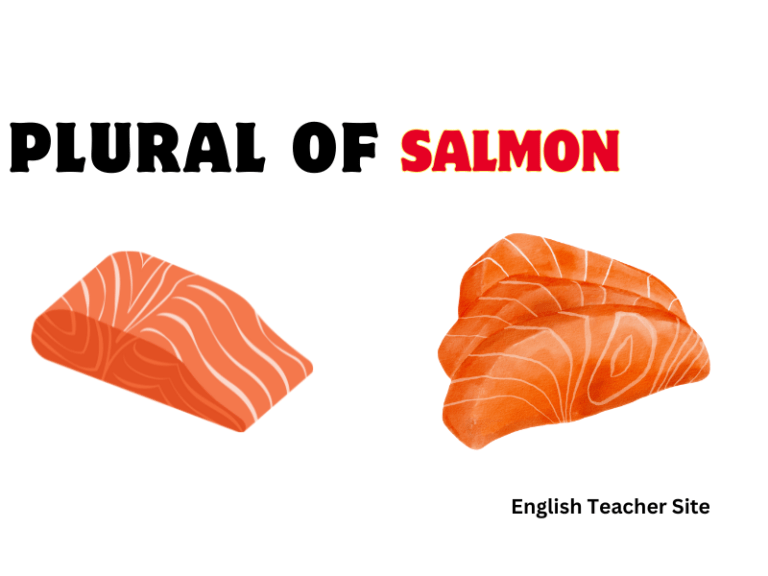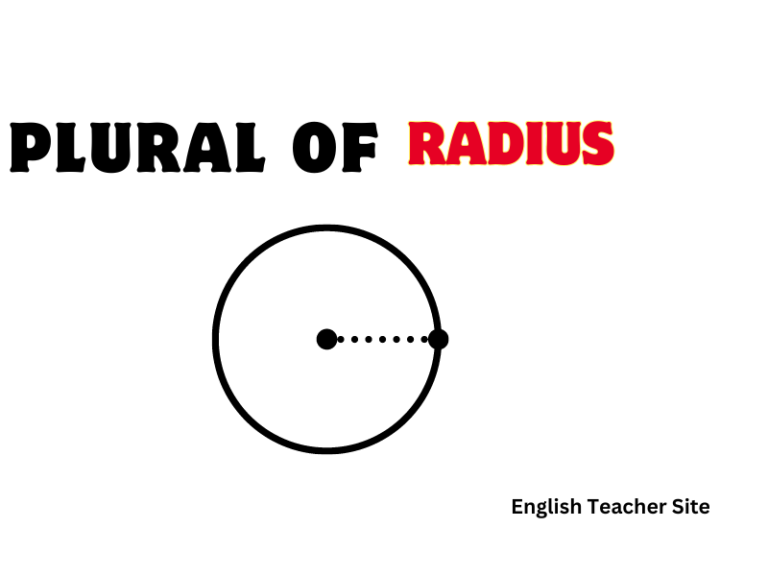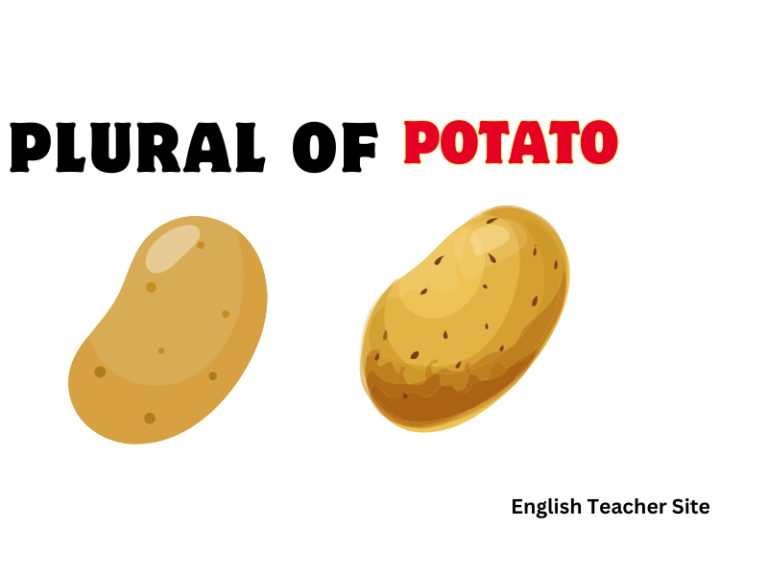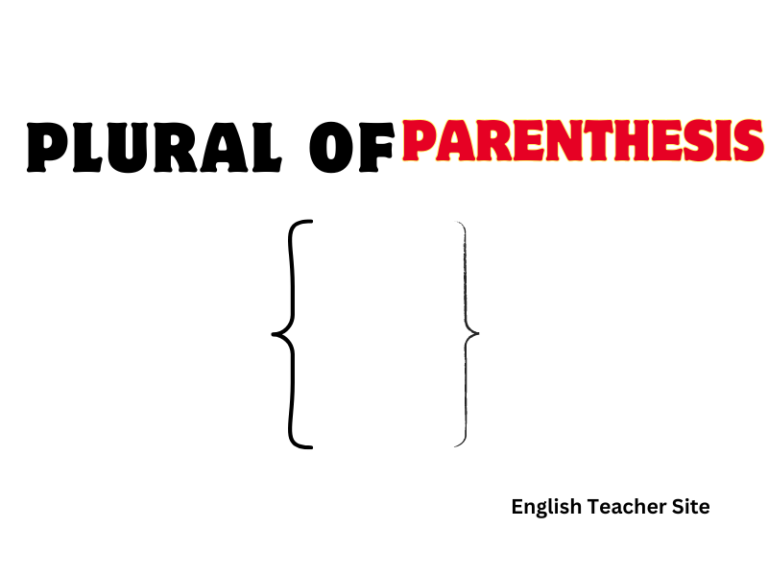Plural of Salmon Explained: What You Need to Know
The Curious Case of Plural of Salmon The plural form of “salmon” is an intriguing grammatical puzzle that continues to trip up even the most seasoned language enthusiasts. While most English nouns form their plural by adding an “s” or “es,” “salmon” defies this convention. Many are left wondering: Is it “salmons” or “salmon” in…










